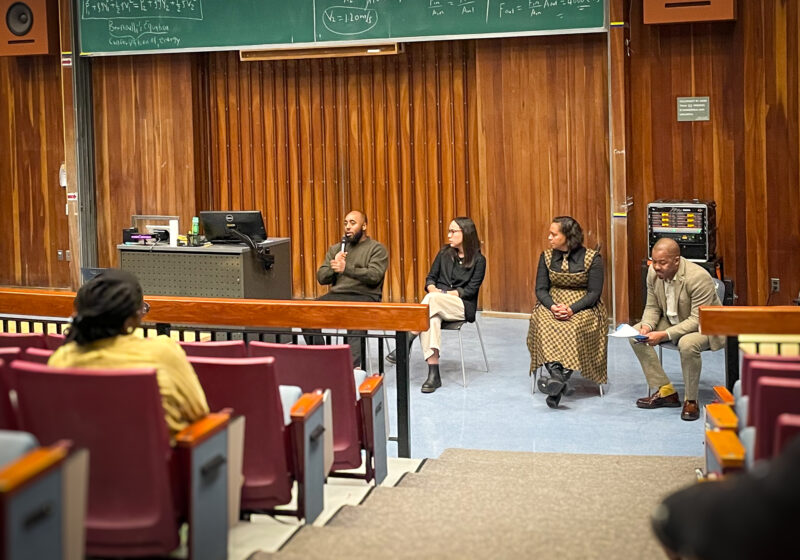On Thursday, two SA presidential and vice-presidential tickets — sophomores Ian Krager and Isabel Murphy and juniors Justyna Gorka and Marc Haddad — debated for 90 minutes via Zoom. In that debate and on their websites, the tickets tackled many issues affecting our academic, social, and personal lives.
While we appreciate aiming high, there is only so much that can get done in a given year. Though many initiatives can and should be completed in a term, we’re highlighting one policy we find promising and feasible from each ticket.
Implementing a University-wide mental health report
The Krager-Murphy ticket repeatedly pushed for numbers-based solutions. They highlighted the merits of analyzing a problem, reevaluating the current systems, and collecting irrefutable data on what the problem is, what works, and what doesn’t.
In addressing mental health issues at UR, for example, Krager and Murphy proposed a report “to endorse recommendations for expanding professional treatment services, increasing wellness educational programming, and making operational improvements.”
They were understandably vague on the next steps, considering they’d ideally go in the direction the report leads them.
Krager and Murphy are similarly smart in proposing to “analyze the bias-related incident process.” They recognize that they don’t have the answers, and that learning is required to find them.
The research-based approach strikes us as informed and effective. It’s an applicable format for any policy they’d hope to enact, and it operates within a system the UR administration is amenable to, which should improve the chances of change.
Gorka and Haddad’s detailed 25-page policy working document raises the sort of questions and ideas that might go into these sorts of reports — like a breakdown of where mandatory health fee money is going to see if any funding can go to bringing in more staff.
Gorka and Haddad have interesting details on approaching mental health at UR, but lack the research and data a report format would provide. Krager and Murphy have a good format, but haven’t publicly sunk their teeth into a specific solution plan. In the end, we’re going to need both.
Creating a position dedicated to acting on SA legislation
One of the strongest proposals from the Gorka-Haddad ticket is creating a position within SA government to improve what they call “legislative accountability.” The aim of such a position would be to ensure that legislation, once passed by Senate, is actually acted upon.
This is a specific solution to a massive problem. The issue was made clear last month in the Senate’s recently passed resolution recommending all-gender restrooms in all River Campus buildings. On the day of the vote, all attendees who spoke supported the resolution, but there was concern about whether it would lead to action.
Senate resolutions had already been passed in 2015 recommending the implementation of all-gender restrooms, yet in 2020 a lack of restroom inclusivity is still a problem being addressed.
Many pledged to dedicate themselves to the initiative going forward, but that’s only one case. The systemic issue within SA — that legislation does not necessarily lead to implementation — remains, and severely limits SA government’s long-term capability.
The creation of a position to oversee implementation is a wise solution that makes implementation part of a job description (so it can’t be avoided or forgotten) and mitigates the issue of Senators graduating just after legislation is passed. The new student in charge of implementation could pick up where the graduated Senator left off.
Both tickets come from a place of experience with SA. All candidates care deeply about their current positions in the community, their future positions on or off SA, and the school as a whole. While it’s important to look at the specifics of each platform, we can say with confidence that either ticket will do their best to improve our campus.
Earlier, we mentioned that Krager and Murphy proposed a strong format to approach an issue, while Gorka and Haddad were asking tough questions and proposing interesting solutions. We hope both tickets are capable of adopting the strengths and incorporating the strong policies of their competitors.
Voting starts on April 5 at 12 p.m. EST on CCC, and goes until the end of April 7. Make your voice heard.






